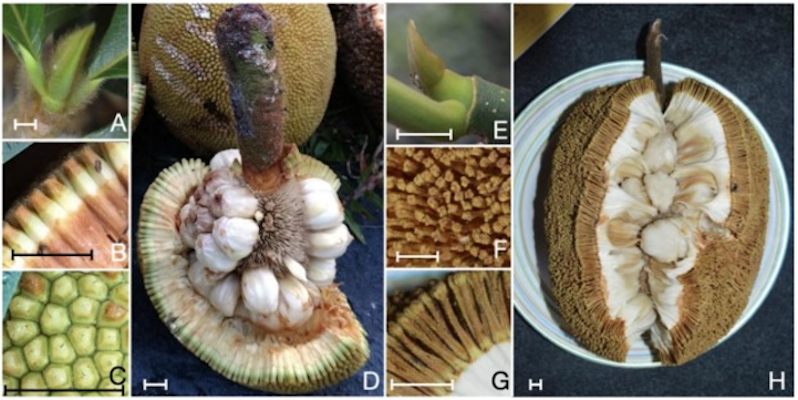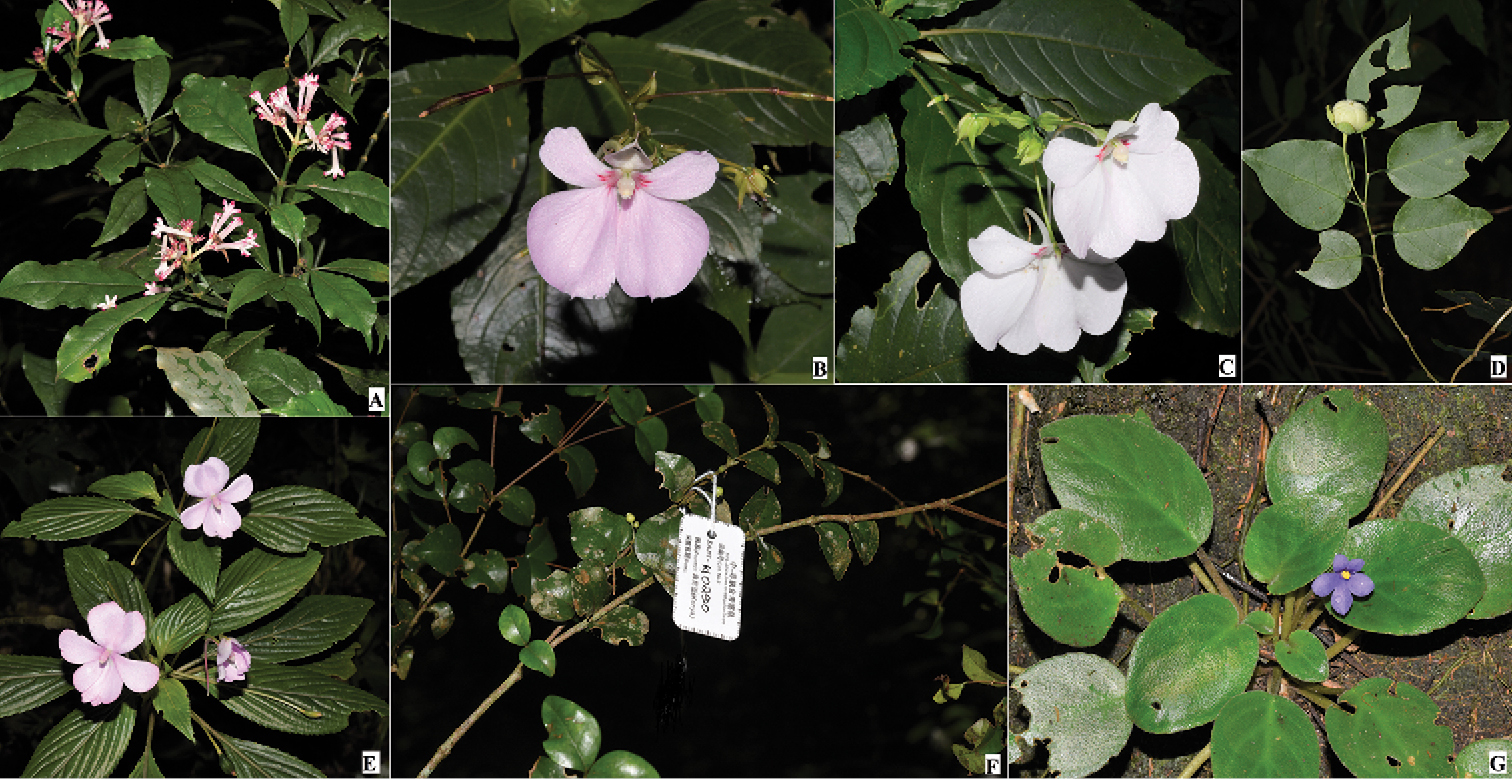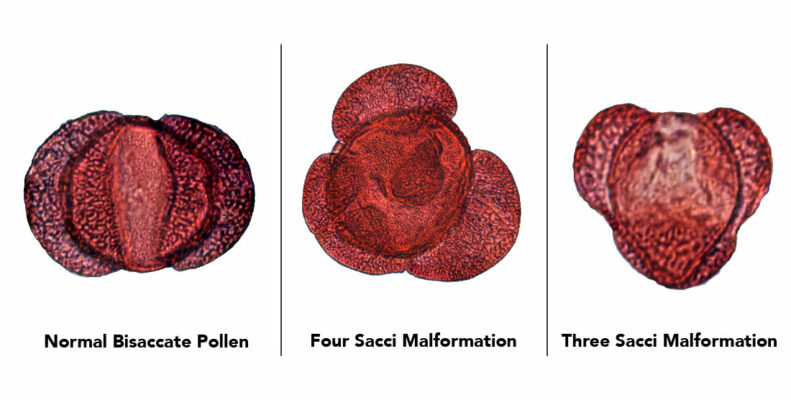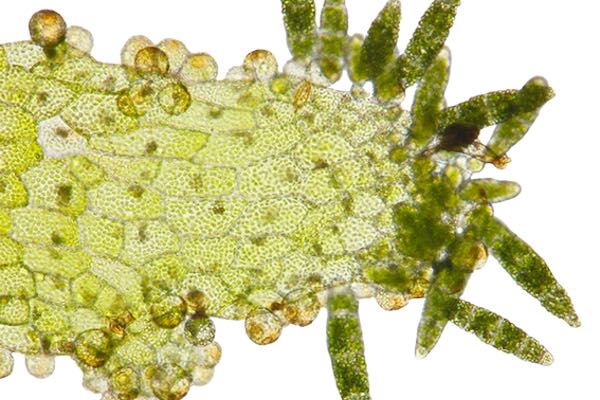
Over 200 years ago, a Spanish botanist described Artocarpus odoratissimus, a species of fruit-bearing tree found in Borneo and the Philippines. The Iban people, who are indigenous to Borneo, know the tree to have two different varieties, which they call lumok and pingan, distinguished…
Read More











